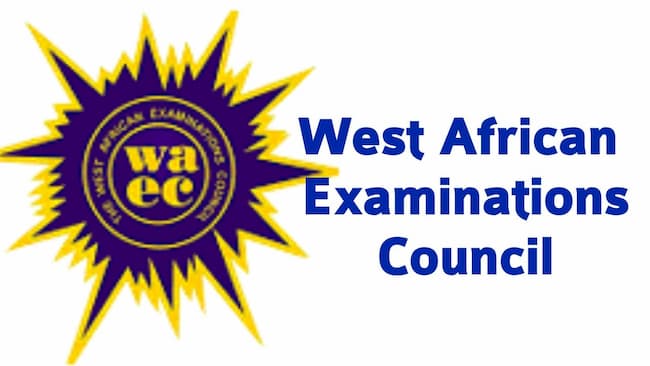The Lagos Chamber of Commerce and Industry (LCCI) has listed some factors hampering growth in Nigeria’s power sector, including financial capacity.
LCCI’s Director General, Muda Yusuf, listed these in an interview with NAN, stating that the power sector needed to be approached holistically.
He noted that the country’s total power generation situated at the national level continued to deprive the country of the needed change to move from where it was.
Yusuf said, “There were issues of due diligence, technical capacity, financial capacity, political interference, metering issues, commercial losses, technical losses, tariff rigidities and the economics of the private sector investment in the sector.
“There are diverse internal and external factors impeding the achievement of the desired outcomes of the power sector reform.
READ ALSO: Galloping Population Limiting Job Creation Efforts, Says Buhari
“Meanwhile, it is important to have a more holistic approach to the issue of power. There should be greater emphasis on off grid solutions in order to ensure the decentralisation of the power sector.
“The current model of high dependence on the national grid has not worked well to serve the economy. The country is too vast for the highly centralised regime of national grid.”
Proffering solutions to the problem, he noted that the government should “scrap” import duty and taxes” on solar equipment to allow for greater access to renewable energy.
He said, “I submit that import duty and taxes on solar equipment, solar batteries and inverters should be scrapped to improve access to renewable energy solutions.
“The implementation of the energy mix programme of the government needs to be accelerated.”














